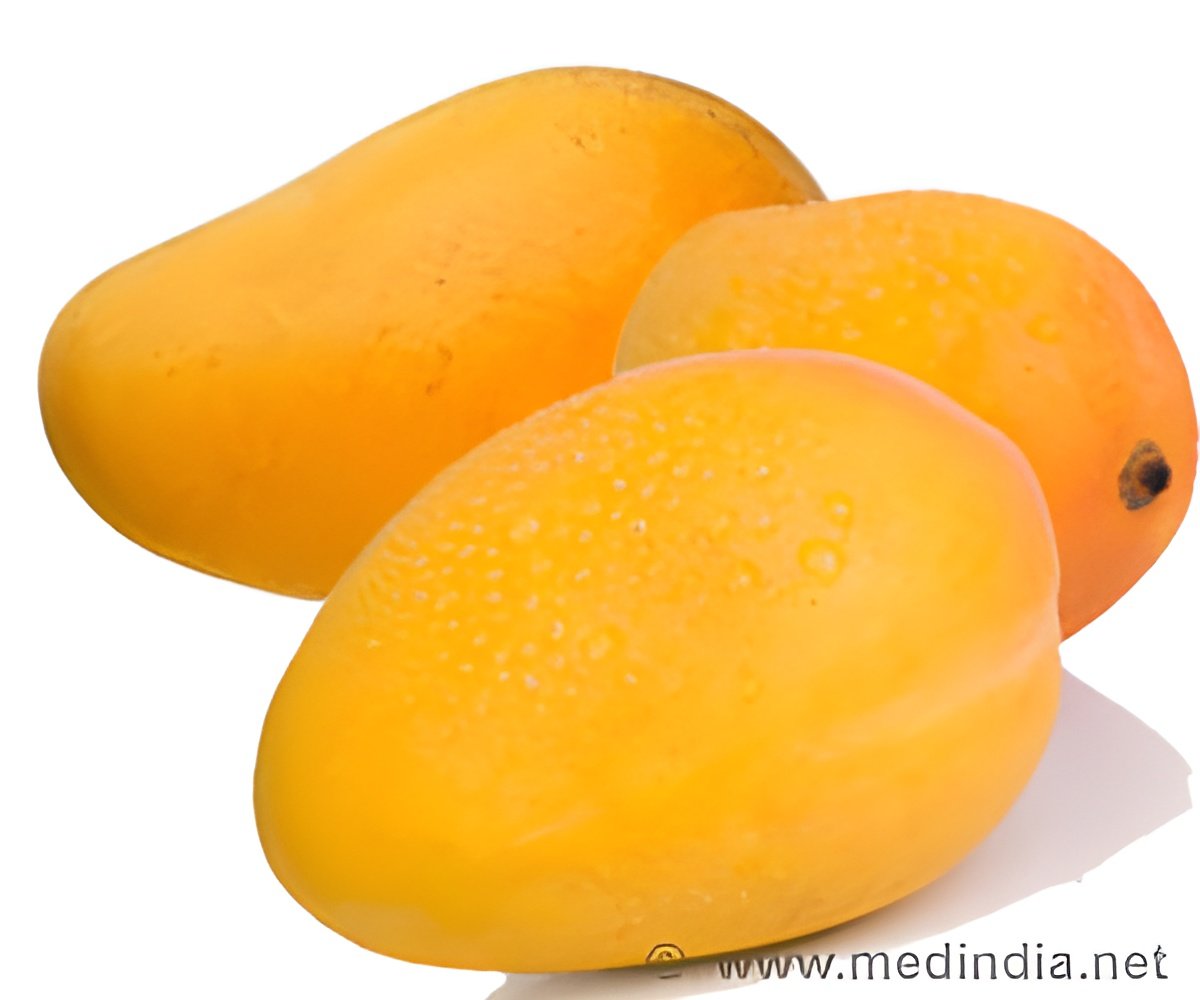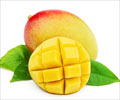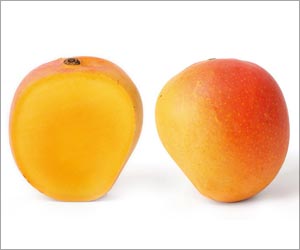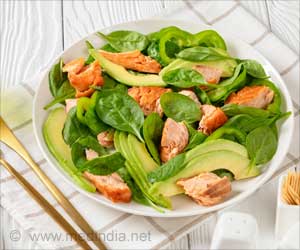Mangoes contain gallic acid and gallotannins, that have been linked to anti-cancer and anti-inflammatory activities.

Participants refrained from consuming dietary supplements and foods which could be sources of gallic acid such as berries, grapes, and tea for one week prior to the beginning of the study and during the 10 days of mango consumption. Seven metabolites of gallic acid were identified in the urine of healthy volunteers, and of those two microbial metabolites were found to be significantly more excreted following 10 days of mango consumption.
The presence of gallic acid and pyrogallol metabolites in human urine after the consumption 400g of mango indicates the absorption, metabolism, and excretion of mango galloyl derivative and confirms the bioavailability of these mango-derived metabolites.
Source-ANI










